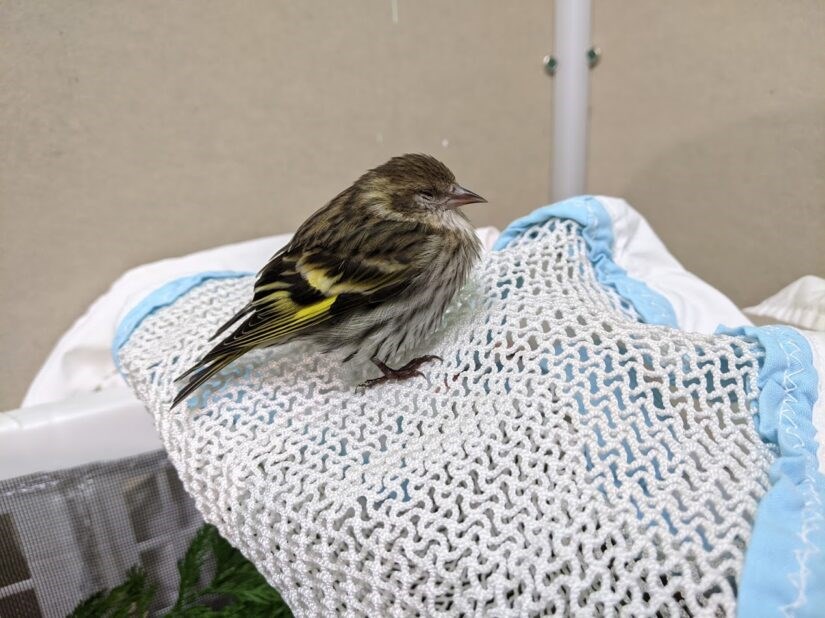If you have a bird feeder in Burnaby, local wildlife advocates have some urgent advice for you.
The Burnaby-based Wildlife Rescue Association of B.C. says it is still admitting more Pine Siskins birds from across Metro Vancouver due to a potential and rapid outbreak of something called salmonellosis.
“Please keep your seed feeders down to help reduce the transmission of this deadly disease,” the group tweeted. “Don't put them back out again until Siskin flocks disperse around the end of July.”
“Pine Siskins, a songbird found in the Lower Mainland are common to suffer from salmonella and the disease can spread because of its congregating behaviour in backyard feeders during the winter,” says a news release. “Once a bird is infected, mortality rates rapidly increase among all birds who contact the feeder. Distressed birds must be handled safely and with care to prevent the spread through animals and humans.”
Wildlife Rescue says it is working with Canadian Wildlife Services.
“If you witness a sick bird, it is imperative to take the feeder down immediately for at least 14 days to prevent flocking. This will help to disperse the birds and limit their exposure to the concentrated feeder,” said Janelle Stephenson, Wildlife Rescue Hospital manager.
Wildlife Rescue suggests cleaning all bird feeders once a week with a 10% bleach solution to kill the spread and kill salmonella, and rinsing with water afterwards. The other option is to encourage natural feeding behaviours by removing the feeder before the winter months. If you find sick or infected birds, call the Support Centre at 604-526-7275 for safe-handling procedures to bring the animal in for assessment and removal.
The BC SPCA is also asking bird lovers to remove their backyard bird feeders to stop the spread.
The BC SPCA recommends only providing feeders in winter between October and March as there are “lots of natural food for birds” in the spring and summer months.
“Hummingbird feeders are not at risk at this point in time, but this is a good reminder to regularly change and clean hummingbird feeders to prevent deadly fungal outbreaks,” said BC SPCA in a media statement.
- With files from Valerie Leung, Richmond News



